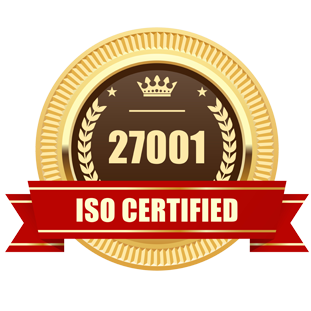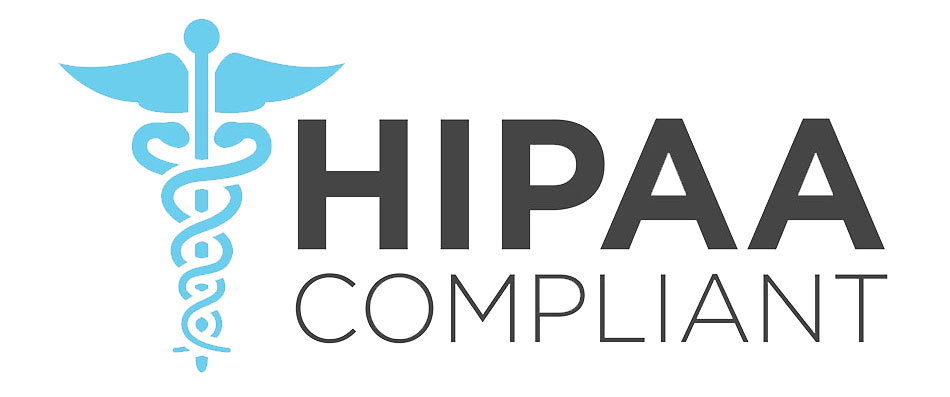The healthcare sector is rapidly shifting with respect to more efficient use of resources, constraints from regulatory regimes and growing demand from patients. It is reported by the World Health Organization that global healthcare expenditure will surpass 10 trillion dollars by the year 2024. From the economic forecasting report, the healthcare BPO market will attain $449.6 billion by the year 2027 which suggests a compound annual growth rate (CAGR) of 9.6% as captured by Grand View Research.
Faced with this environment where there are challenges but also opportunities, Business Process Outsourcing (BPO) has proved to be an effective method for healthcare providers in improving efficiency, cost reduction, and enhancing patient care. In the article, the various reasons for the BPO healthcare outsourcing have been analyzed. Let’s look at the present issues and the new trends.
Going Global with BPOs
BPO companies grant their clients a large work force consisting of medical coding, billing, transcription experts along with other niche professionals who are hard to find or expensive on the local market. This access ensures high-quality outputs that enhance service delivery. Arrival of geographically dispersed teams encourages off-shift working to provide enhanced service and competence. In addition, many BPO employees are also CPC, CCS or other certification holders that help ensure compliance to industry regulations.
The Developments in Healthcare Business Process Outsourcing
Learning and development can never be overruled in healthcare BPO because the relevance and nature of the market is always changing, making it compulsory to adhere to new developments. BPO service ensures that the delivery of a service is of the highest possible quality through the execution of quality control measures.
Quality improvement is one aspect, this helps in identifying problems so that appropriate corrective actions are taken in business. BPO providers offer supportive programs to their employees which help them understand the recent changes in healthcare policies and even the trending policies in healthcare and how they should carry out their operations. This dedication to ongoing training guarantees compliance with all operational processes that are at maximum levels, for example, the HIPPA Act.
Responding to Environmental and Market Fluctuations
Capability to respond and relate to the modifications in regulation statutes, market and clients’ needs is one notable advantage that outsourcing brings to the table. Such provision is delivered by outsourcing where certain processes are valid enough to make various departments react to constant changes in a healthcare setting. Planned and timely proactive risk management techniques are employed to address potential uncertainties. For this to happen, flexibility is vital in providing a high level of care and efficiency in operations within the fast-changing strain of the healthcare system.
Benefits of Outsourcing in Healthcare
-
Improving Patient Satisfaction by Engaging External Specialists
BPO companies work around the clock to guarantee the clients of their problems and queries that patients have are attended to at once. This 24/7 assistance is important in the efforts directed towards improving patient satisfaction and loyalty. Patients can seek help through multiple communication modes like telephone, email, online chat, and social media. This continual patient support improves the overall patient experience and improves access to and responsiveness of healthcare services.
-
Enhancing Service Delivery Through Process Improvements
The different burdens imposed on patients, for example, in clearing claims or other back-office processes, have a direct effect on patient experience. The BPO service providers adopt process innovations that reduce the time taken to provide the service accurately and within reasonable limits. Patients, on the other hand, take advantage of different feedback channels, which are built into the service delivery process, so it is the service user who is attended to even as services are being improved.
-
Attaining Compliance Becomes Easy
A BPO provider has specific regulatory frameworks requiring that processes are auditable and compliant with current legislation. Compliance and risk management is a proactive strategy aimed at identifying potential risks beforehand and addressing them so that non-compliance is tremendously reduced. This adherence to regulations and policies is crucial to preventing healthcare institutions over cumbersome legalities and penalties, and hence they can perform their activities without fear.
-
Adopting New Tools and Platforms
BPO organizations use modern software for EHR, population health management, and billing management to incorporate technological advances in healthcare providers. Cloud solutions enable organizations to store and retrieve data in a secure and convenient way, thus improving operational efficiency while protecting it. By embracing new and advanced tools and platforms, BPO service vendors help their healthcare clients with technological creativity to enhance service and patient outcome.
How Does Automation and AI Improve Efficiency in the Healthcare Sector?
The contemporary approaches introduced through Robotic Process Automation (RPA) and Artificial Intelligence (AI) are changing the face of work in the healthcare sector. Claims processing and data entry, for instance, which are commonplace in most businesses, can be done with the use of automation rather than human operation, thus improving the accuracy and efficiency of the process.
High End Data Handling to Achieve Strategic Goals
BPO providers implement policies that go the extra mile to prevent inappropriate disclosure of data and manage it effectively without compromising the privacy of patient information. Advanced data visualization tools are utilized for performance management purposes to help healthcare service providers execute strategies. Thus, moving up the ladder with new technology and understanding leads to better resource utilization, improved care provision to patients and conservation of resources.
The Conclusion
Study the BPO provider fully, as they must have client reviews and recognition in the field that you can use. Understand their technological capacity; these should include the use of advanced EHR systems, cloud computing, and cyber protection. Sop and registries remain in focus; seek a high degree of compliance for the privacy of patient’s information. How much do the parties have to achieve the partnership's goals, their values, style of communication and so on?
Analysis of their capabilities should focus on their breadth of services and the level of expansion that will be achieved. The service level agreements (SLA) document the agreed minimum standards of performance and level of expectations from a client or the service provider. In the end, it is important to look for a BPO partner who is open to changes, i.e. who has the best practices in the domain, and incorporates contemporary issues and technology changes.
Contact UsOur Customers





Key Differentiators
AHIMA Healthcare Convention 2016
FAQs

USA
Flatworld Solutions
116 Village Blvd, Suite 200, Princeton, NJ 08540
PHILIPPINES
Aeon Towers, J.P. Laurel Avenue, Bajada, Davao 8000
KSS Building, Buhangin Road Cor Olive Street, Davao City 8000
INDIA
Survey No.11, 3rd Floor, Indraprastha, Gubbi Cross, 81,
Hennur Bagalur Main Rd, Kuvempu Layout, Kothanur, Bengaluru, Karnataka 560077















